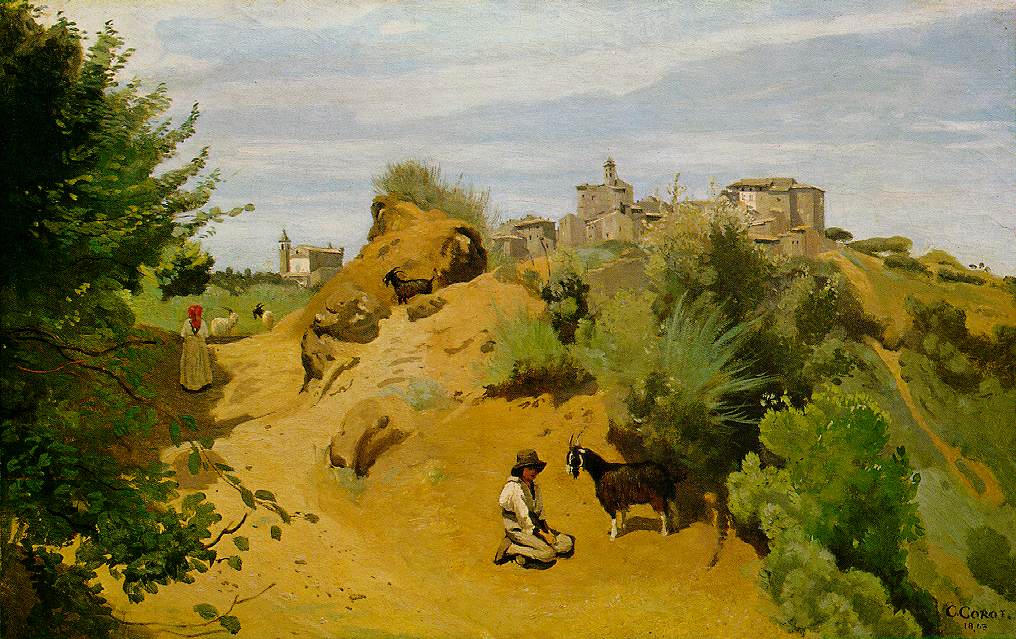Spiritual Sunday
My good friend Sue Schmidt, who I met through this blog and who now periodically writes Sunday posts for Better Living through Beowulf, was in town visiting us over the last couple of days, and we had extensive conversations about straying from God, justice vs. mercy, and other substantive topics.
Knowing that I’m in the midst of end of the semester work, Sue offered to write today’s post as she’d discovered a fine poem by the great Israeli poet Yehuda Amichai. Here’s her reflection on that poem.
In addition to Sue’s observations about the poem captures our longing for God who is our home, I add that the poem also points to the work that must be done between Israelis and Palestinians if they are to find genuine peace (Amichai’s “new religion”). I learned from this post by American doctor Michael Cooper, who has worked in the region, that the “Had Gadya machine” is a reference to an old and playful Aramaic fable, sung at the end of the Passover seder, about a cascading series of disasters, each one leading to an even worse one. Cooper says that Amichai’s allusion is pitch perfect for the escalating tit for tat between Israelis and Palestinians.
I also note that the poem reminds me of the beloved Robert McCloskey children’s story “Blueberries for Sal.”
By Sue Schmidt
Today’s scripture in the lectionary readings is from John 10. “I am the Good Shepherd,” says Jesus. “The Good Shepherd takes care of the sheep.” Jesus, well-versed in the Hebrew scriptures, is no doubt remembering Psalm 23. “The Lord is my shepherd,” sings David, “I shall not want. He makes me lie down in green pastures, he leads me beside still waters. He restores my soul.”
This is not the first time that Jesus will use the image of shepherd. Earlier in his gospel, John gives a series of three parables in which Jesus talks about lost things. The third of these is the story of the “lost” son, who wanders back to his father after having spent all of his father’s inheritance. We know it as the story of the prodigal son.
But the first of these parables is one in which the lost is not able to come home One of 100 sheep has gone astray and the shepherd must go out into the wilderness to find him. Ninety-nine are safely in the sheep-pen, but one has wandered. The shepherd will not rest until the sheep is safely home, and he rejoices in the success of his mission. He is not unlike those seekers in this poem by Yehuda Amichai.
In “An Arab Shepherd Is Searching for His goat on Mt. Zion,” two “kids,” a boy and a goat, have wandered from places of safety. Were they distracted? Afraid? Confused? Tempted by a fresh blade of grass or an interesting rock? Did the father tell his son to stay nearby? Had the shepherd marked out suitable pasture? We don’t know and it doesn’t seem to matter. Something precious is lost, is in danger. Hearts stop, voices taut with worry cry out. And then the missing are found, releasing laughter and tears.
Being lost seems to be part of being human. And the searching to make things right is what Jesus comes to do. Sometimes we don’t even know how or why we left the flock. But when we’re lost, that’s not important. What matters is that someone is on the hunt to find us and bring us home.
An Arab Shepherd Is Searching for His Goat on Mount Zion
By Yehuda Amichai
An Arab shepherd is searching for his goat on Mount Zion
And on the opposite hill I am searching for my little boy.
An Arab shepherd and a Jewish father
Both in their temporary failure.
Our two voices met above
The Sultan’s Pool in the valley between us.
Neither of us wants the boy or the goat
To get caught in the wheels
Of the “Had Gadya” machine.
Afterward we found them among the bushes,
And our voices came back inside us
Laughing and crying.
Searching for a goat or for a child has always been
The beginning of a new religion in these mountains.


